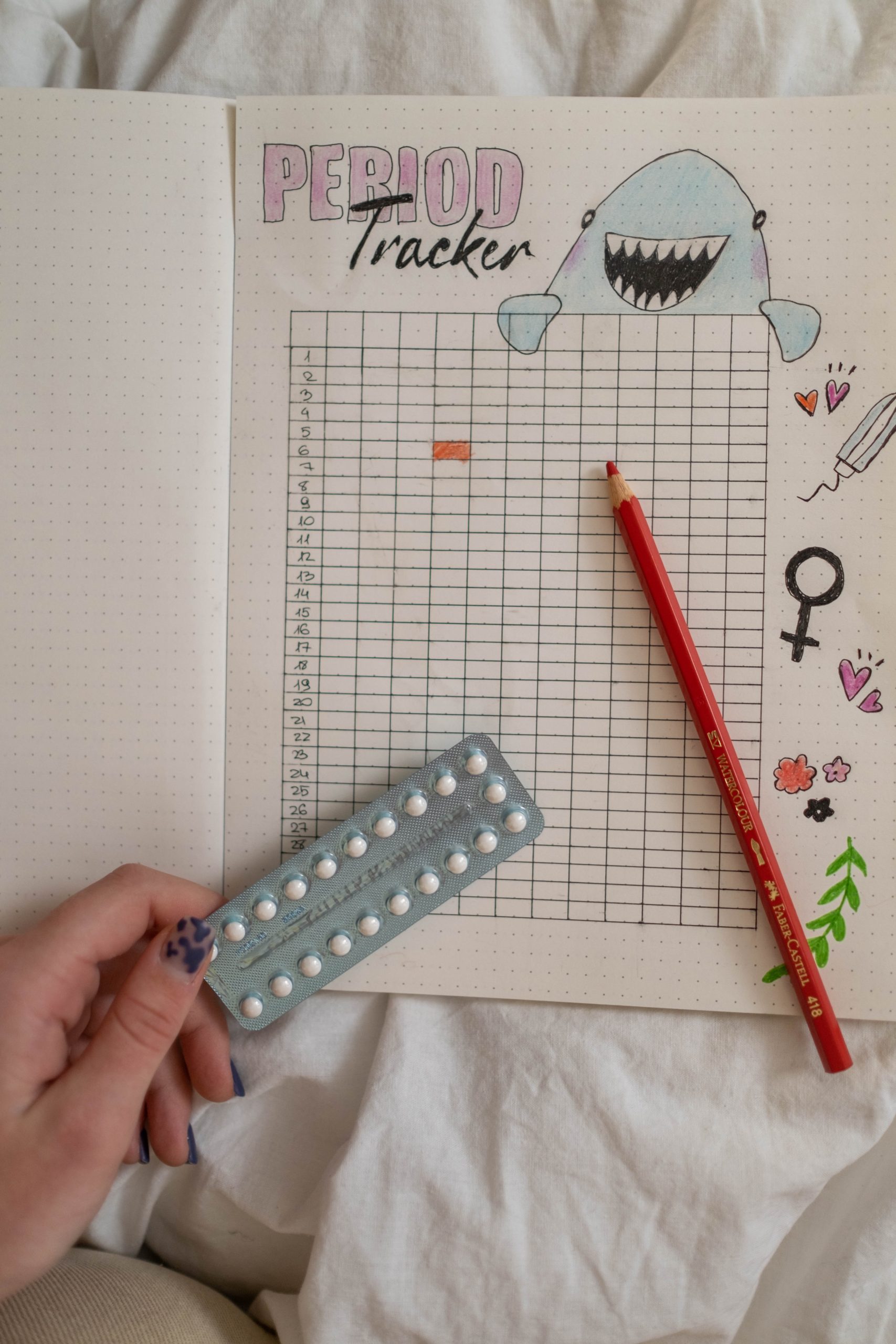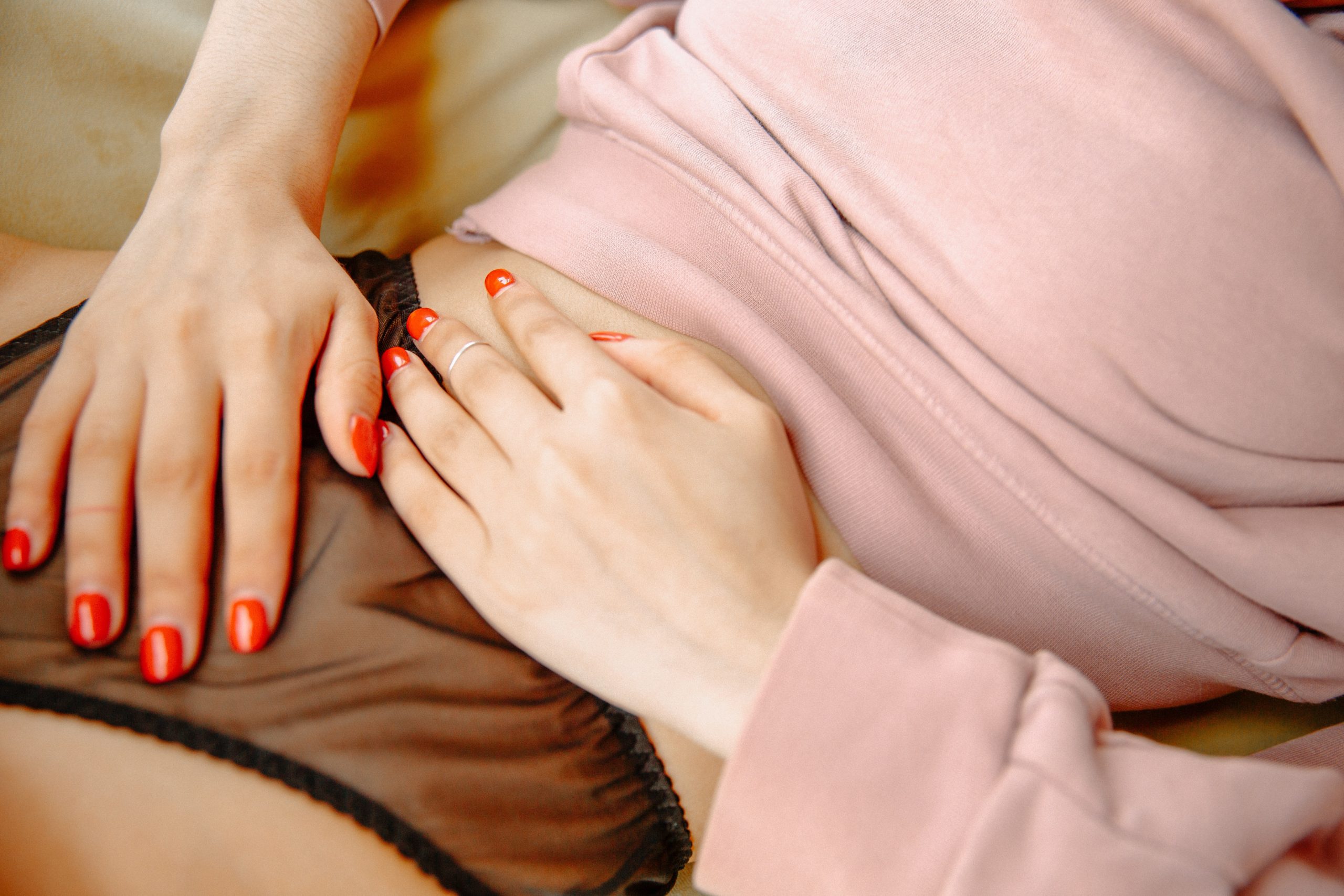Are you also worried about late period, when you know you are not pregnant? Well, there are many reasons for a late period if pregnancy is not a reason.
Missed or late period can happen, there are many reasons for that other than pregnancy like any type of medication, life style changes, any illness or hormonal fluctuations.
When a girl get period for the first time, they take time to get regulate and its totally normal for a women period to be irregular when menopause starts.
On an average a menstrual cycle is of 28 days. Although it is completely normal to have a cycle range from 21 to 35 days. If your period doesn’t fall within this range, there can be many reasons for that. Some of them are listed below.
Table of Contents
FAQs when trying to get pregnant with irregular periods
1. PCOS (polycystic ovary syndrome)
PCOS is one of the most common hormonal disorders among women of childbearing age. During a typical menstrual cycle, each ovary develops roughly five follicles, and those follicles compete to become the dominant one that will release a mature egg at ovulation. Women with PCOS often have additional follicles, which makes this process take longer than usual. No released egg means no period.
Other hormones, such as insulin, can also get out of balance. This is due to insulin resistance, which is associated with PCOS. This can make ovulation irregular or stop it altogether.

2. Stress can be a reason for late period
Stress can affect a woman’s menstrual cycle, making it longer or shorter, or even causing a missed period. Over the time, stress can lead to illness or sudden weight gain or loss, all of which can impact your cycle.
If you think stress might be throwing off your period and causing a late period, try practicing meditation, exercises, or any other lifestyle changes to avoid stressful situations.
3. Fluctuations in body weight
Whether you’re overweight or underweight, any changes in body weight can affect your monthly cycle. Excessive weight loss is more likely to cause a late period than weight gain, though increasing body weight, when related to other conditions like PCOS, can have a similar effect. Being underweight is also a problem, it creates an environment that’s anti-pregnancy.
4. Pre-menopause and late period
Normal age for menopause in most women is between 45 to 50. Some women can develop the symptoms around age 40, that is called pre-menopause. That means your egg supply is decreasing and the result will be missed or a late period.
5. Diabetes and thyroid
Disease like diabetes and thyroid can also cause you a late period. Changes in blood sugar are linked to the hormonal changes, and can cause irregular period. Its very rare to have irregular period because of diabetes, but if your diabetes is very poorly controlled than it can cause irregular period.
An overactive and underactive thyroid can also be a cause of period irregularities. Thyroid disease can be managed by the medications. Once your thyroid is under control your period will likely to return normal.
11 causes of irregular period and their treatment options
6. Hormonal imbalance
A hormone called prolactin, responsible for breastmilk production, can also caused delay in period. The excess of this hormone can also cause pituitary tumor. If you are suffering from headache, blurry vision and discharge from breast (if you are not breastfeeding), in addition to a missed period, should go to the doctor and check for this type of tumor.
If a hormonal imbalance is responsible for a missed or late period, it can easily be detected with a blood test. In many cases, taking medication can help periods return to their normal cycle.
7. Breastfeeding and late period
If you are a new mother and breastfeeding your little one, its normal to have irregular periods during that time. It referred to as lactational amenorrhea, this is a phase that disrupts your menstrual cycle. After a few months of breastfeeding, your monthly period should be normal.
8. Any lifestyle changes
Is there any recent change to your lifestyle like sleep routine, any specific foods that you have recently included in your diet or travel to any other time zone? These small changes can also be a reason of missed period. Any disruptions to your lifestyle changes can disturb your internal clock, that regulate important cellular process can cause your period to irregular.
What should we not do in periods. Do and Don’ts during periods
9. Exercises
Including exercise into your daily routine is good but excessive exercise can lead to lower level of estrogen- the hormone that regulate female reproductive system, can cause you a missed or late period. Many athletes experience this type of issue, sometime they don’t have period for 6 months or longer due to excessive exercise and training.

10. Birth control pills
You may experience a change in your cycle when you go on or off birth control. Birth control pills contain the hormones estrogen and progestin, which can cause missed period. It can take up to six months for your cycle to become regular again after stopping the pill. Additionally, some birth control medications, such as an IUD, implant or shot, may affect your periods while on them.
When to see a doctor for a late period
A late period can be emotional, but try not to jump to conclusions until you find out what’s really going on. It’s completely normal for the length of your menstrual cycle to vary sometimes—maybe it’s nothing at all. Sometimes, a late period is an isolated occurrence and is not a cause for concern.
13 home remedies for irregular periods that can work
However, you should consult your doctor if
- You missed three or more period in a row
- If there is a possibility of pregnancy.
- You are having symptom of PCOS
- Being overweight or underweight
- If you feel pain after missed period and bleeding excessively.
- Your period stops before the age of 40
- Getting period after 55
- You are feeling any sudden change to your period





